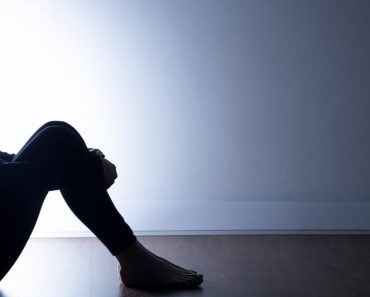Everybody knows that it is not ideal to run on minimal amounts of sleep. It makes you cranky, susceptible to binge eating, and you just plain don’t feel well. Well, in addition to the very obvious symptoms of not getting enough rest, there are so serious implications to long-term sleep deprevation. Read on for more details…

1. You’ll incur some minor brain damage.
Researchers at Stanford University and Washington Medical School have found that just one night of bad sleep is enough to raise levels of amyloid beta. This is a substance that’s incredibly toxic to nerve cells. On top of that, another study showed that just one all-nighter can result in significant signs of brain tissue loss. So, simply put, even just one night of poor sleep can give you minor brain damage.
2. You’ll be hungrier and prone to making bad food choices.
This one feels a little more obvious, but there is scientific reseasons behind why you eat so much when you’re tired. There are two hormones that control feelings of hunger and fullness. Without enough sleep, these hormones lag, which makes you feel hungrier and you’ll likely find yourself overeating. On top of that, studies have found short-term sleep loss makes you crave high-calorie, high-carb foods.
3. Your insulin sensitivity will be like if you’ve been on a high-fat diet for 6 months.
According to a study out of Cedars-Sinai Medical Center in Los Angeles, one night of bad sleep can lower your body’s sensitivity to insulin. A decrease in sensitivity to insulin or “insulin resistance” makes your body unable to keep blood sugar stable, which can eventually lead to Type 2 diabetes.
4. You’ll be 4 times more likely to catch a cold.
When you’re sleeping is when your immune system builds up its forces for fighting off bacteria and viruses. The less sleep you get, the more weakened your immune system becomes. One study exposed subjects to a common cold virus and found that those who slept less than 6 hours a night during the prior week were 4 times more likely to get a cold.
5. You can become 73% more prone to injuries.
In a 2014 study of competitive young athletes, the correlation between sleep loss and sports injury was staggering. Those who averaged 9 hours of sleep a night had about an 18% chance of injury, whereas those who averaged 8 hours a night had a 35% chance. To continue, those who averaged 7 hours a night had about a 60% chance and those who averaged 6 hours of sleep a night had a 73% chance of injury. The connection between sleep loss and injury is more than evident.









